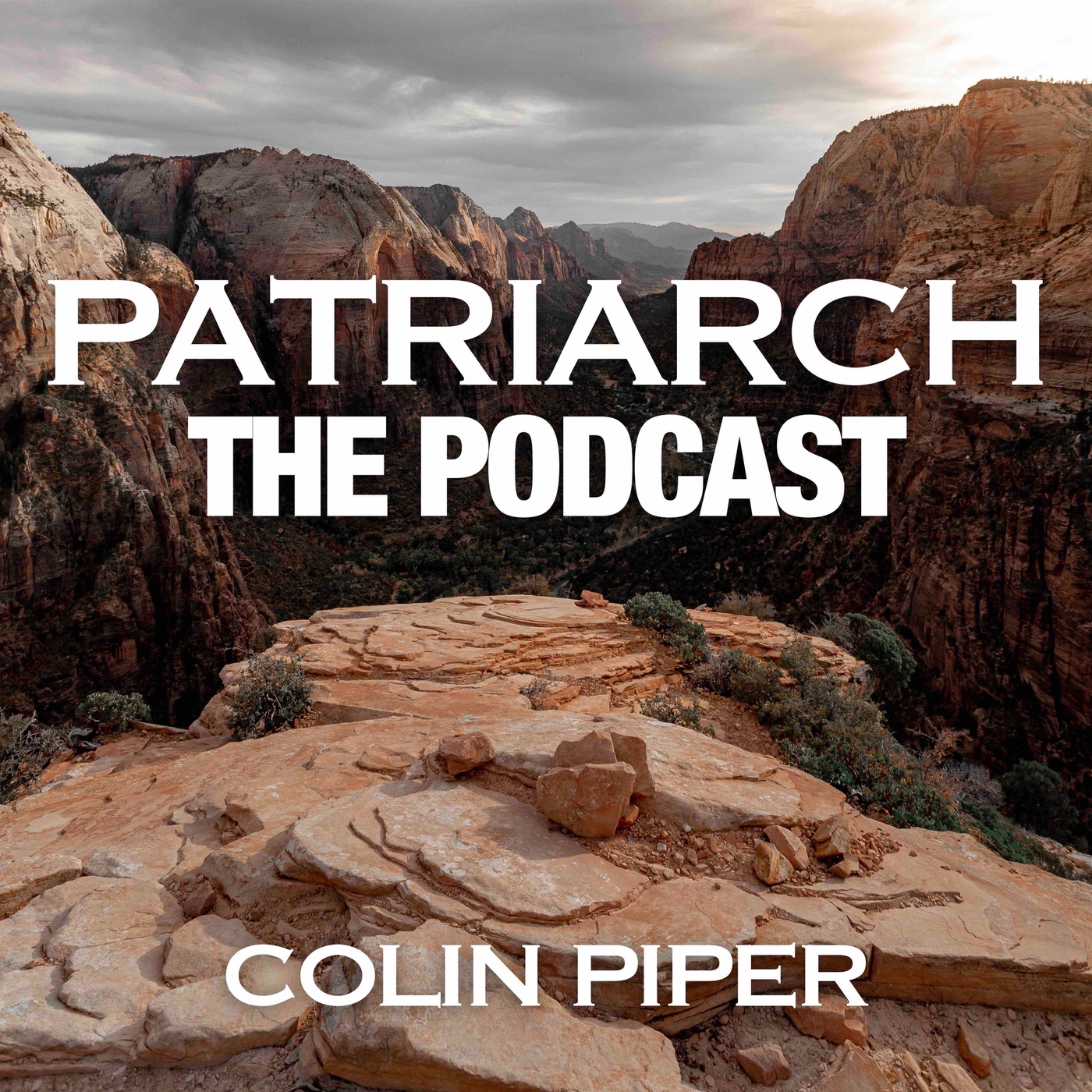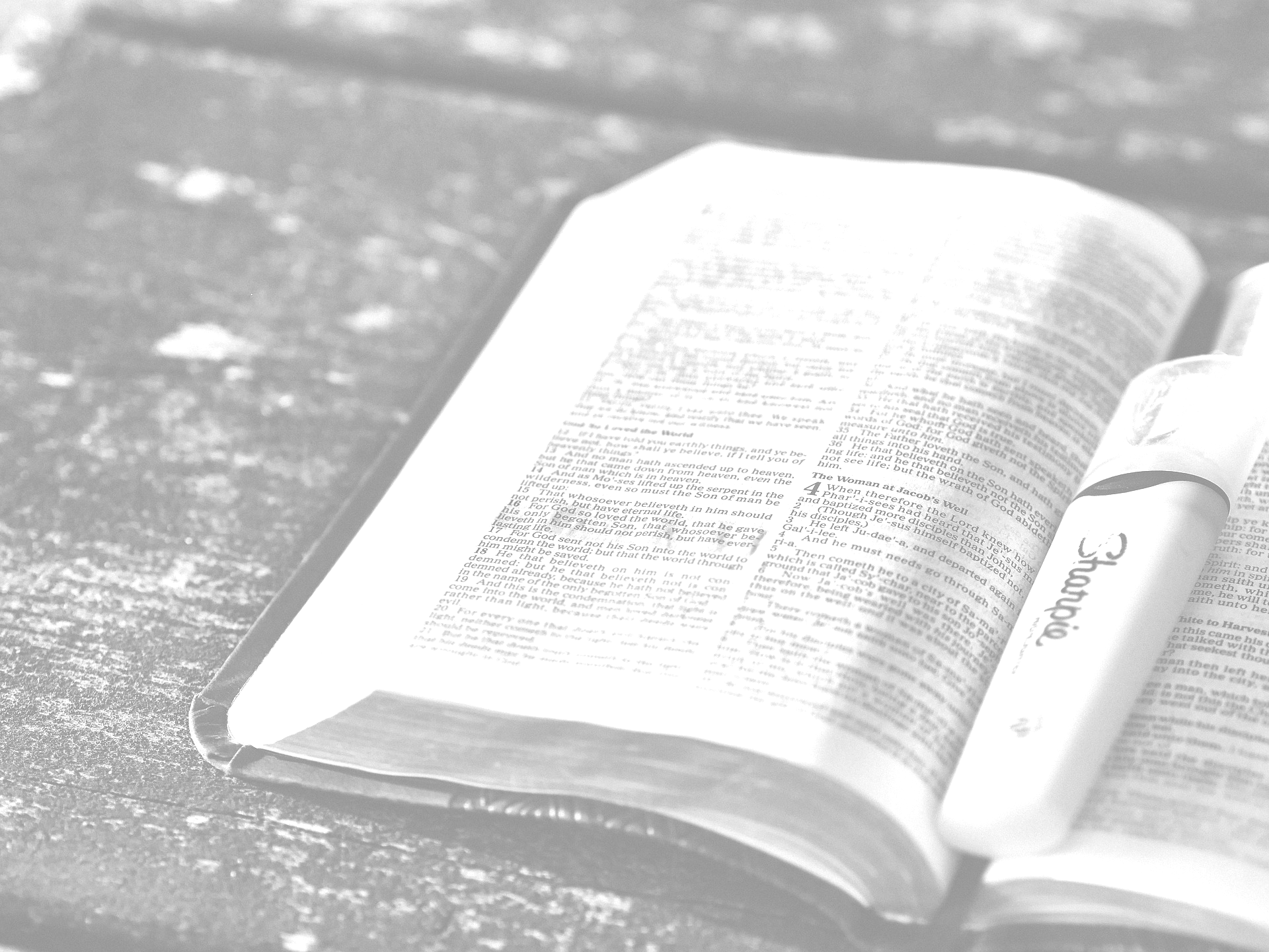Patriarch Chapter 6 Part 2
On the face of it this isn’t the most uplifting of episodes. Desperation and doubt, failure and fear: all lead to a series of poor and at times quite hideous decisions. We’ve just seen how absolute God’s judgment is. And yet here, as everyone tries to get on with life in the aftermath of the destruction of Sodom and Gomorrah, we see how low life can get without Him. Ordinarily both God’s presence and His absence is a fearful thing, albeit for very different reasons. But in Christ, we can know Him in all holiness and beauty, both intimately and safely. And then life has a purity and purpose again. There is one character in this episode who foretells something of the promises of life in all its fulness that we find in Jesus; it’s joys and hopes despite our circumstances. For Sarah her dreams are about to come true, albeit in the context of being badly let down by her husband again!


